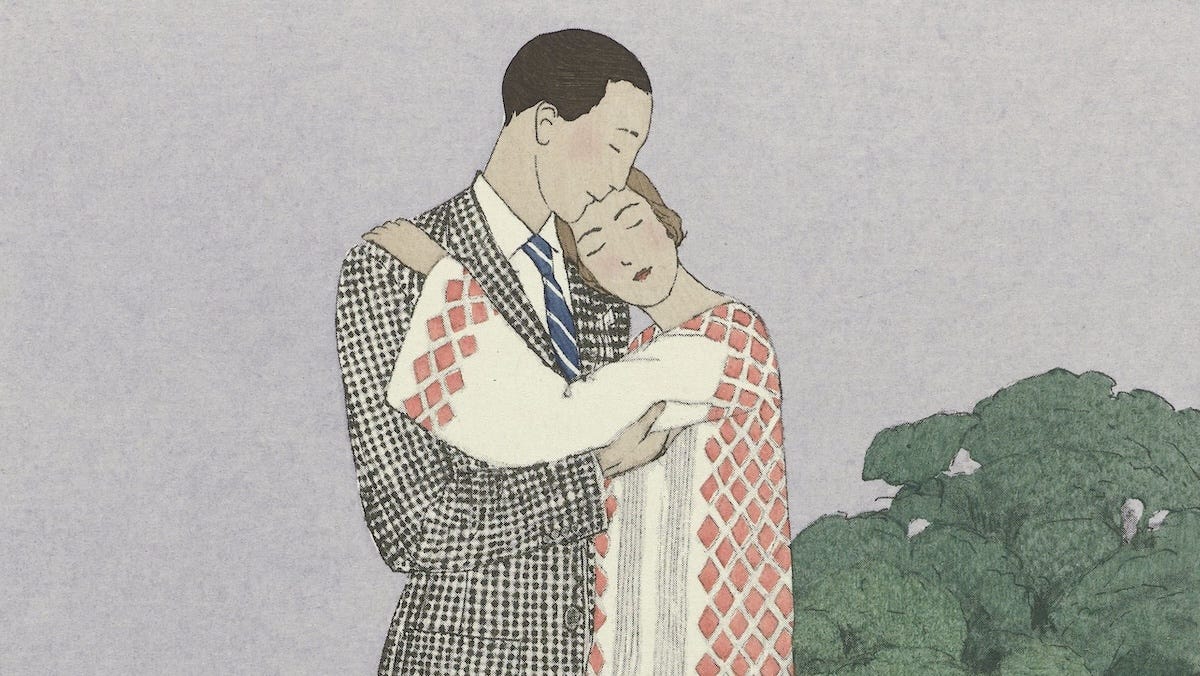This week, we publish brief but beautiful remarks that Featured Author Alex Kaschuta delivered at the Family Formation and the Future conference at the Danube Institute in Budapest, Hungary earlier this month. Alex extolls the bravery it takes to build real-world, human, relationships with others, without retreating to the lonely comfort of our screens.
Courage Over Clicks
Alex Kaschuta
Online spaces offer comforting fantasies. In digital worlds, you rise through ranks, rule empires, and become a god, but at the cost of missing the quieter, more challenging work of becoming a man. Meanwhile, in a post #MeToo world, the rules of real-world engagement with the opposite sex have multiplied: Don’t be creepy. Don’t be intense. Don’t ask twice. These are reasonable guidelines, grounded in genuine concerns, but when layered with fear and the looming threat of online ostracism, they become paralyzing. A generation of men becomes too anxious to try. A generation of women becomes too tired to teach. Instead, they retreat into the familiar, non-threatening spaces of their curated online communities.
This Week in Sex-Realist Feminism: UK Supreme Court Rules on Women, Porn Reshaped Our Lives, and Women and Family Life
This week: Joan Smith on the UK Supreme Court's decision to uphold biological sex over gender identity, Sophie Gilbert on how porn has shaped our culture, and Erika Bachiochi on what women need to gladly pursue family life. Plus: maximizing motherhood, a pro-natalist convention, grandparents reach their limit, what marriage and motherhood have to do with the happiness of women—and more!
From the Archives:
ICYMI: Mary Stanford writes on philosopher Edith Stein’s understanding of the body as symbol, and on the importance of complementary perspectives on the body.
The Body As Symbol: Sex, Objectification, and the Self
Mary Stanford
The tendency to identify oneself with one’s body can incline women to find self-worth in their physical attributes alone, while men can be tempted to objectify the body by disconnecting it from personal identity. When these views collide, each contributes to a toxic co-dependence between the sexes.






